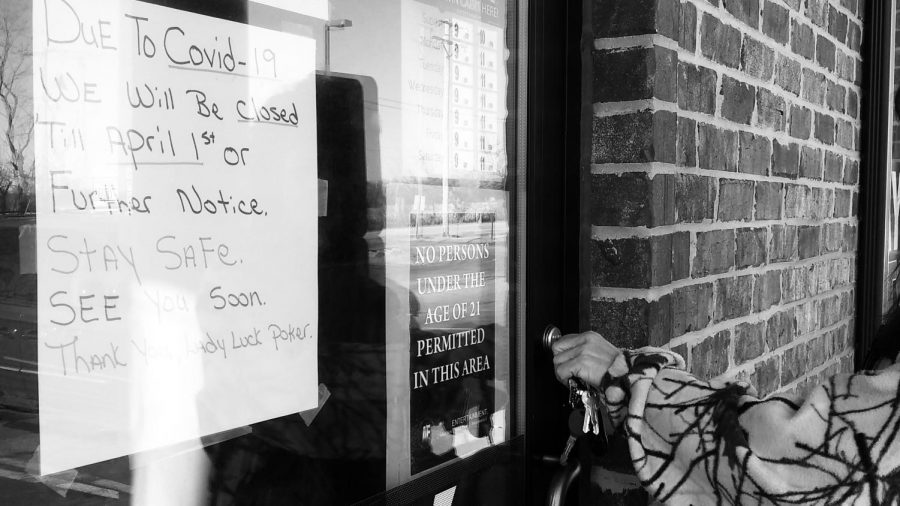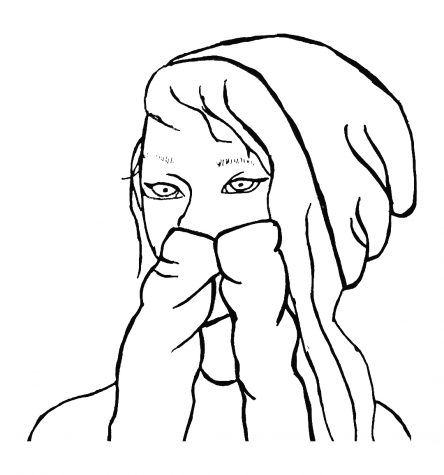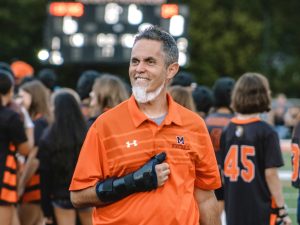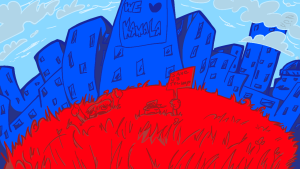Illinois works to flatten the COVID-19 curve
IL Governor reduces crowd sizes, closes schools, and prevents restaurants from having dine-in customers
An employee locks up at Lady Luck Poker on McCullom Lake Road on March 17. Lady Luck was one of several establishments closed by Governor Pritzker due to coronavirus.
March 19, 2020
In an effort to control the spread of COVID-19, J.B. Pritzker, Governor of Illinois, has made several decisions to help flatten the curve. With the circumstances of COVID-19 changing rapidly, Pritzker has taken to doing daily briefings for the public, giving constant updates on the pandemic.
On March 12, Pritzker banned all functions that include more than 1,000 people. He has since lowered that mandate to no events over 50 people. Then on Monday, Donald Trump, President of the United States, recommended that social gatherings be limited to no more than 10 people.
On March 13, Pritzker announced that all schools in Illinois will be closed due to COVID-19. Pritzker said that schools will remain closed until March 30 as of right now. With so much unknown when it comes to COVID-19, it is not certain how long the school closure will last in Illinois.
“This is the right thing to do,” said Pritzker during his March 13 briefing. “To protect our students, and their teachers, and school workers, and parents.”
Pritzker and other state education officials have classified the school closure as “Act of God” days — days that are “used for a condition beyond the control of the district that poses a hazardous threat to the health and safety of the students,” as stated by the Illinois School Board of Education (ISBE). These days count towards the required number of days students have to be in attendance and do not have to be made up at the end of the year.
Many schools are implementing e-learning while schools are closed, including MCHS. This will allow students to continue their classes without being in the classroom.
“We simply do not know any more than this week,” said Marsha Potthoff, principal of West campus. “The good news is that by going 1:1 [with Chromebooks] last year and adopting Schoology, it puts us in a pretty good position to do online learning to some extent.”
Elearning is important in attempting to reduce the gap in learning until schools are able to resume. This closure is bound to be detrimental to learning due to the limitations of not being in the classroom, but e-learning will help reduce these effects.
Schools aren’t the only thing that has been closed due to COVID-19. On March 15, Pritzker ordered all restaurants to close for dine-in customers.
None of these decisions were made lightly and were heavily considered, but they were made in the best interest of all people’s health and safety.












